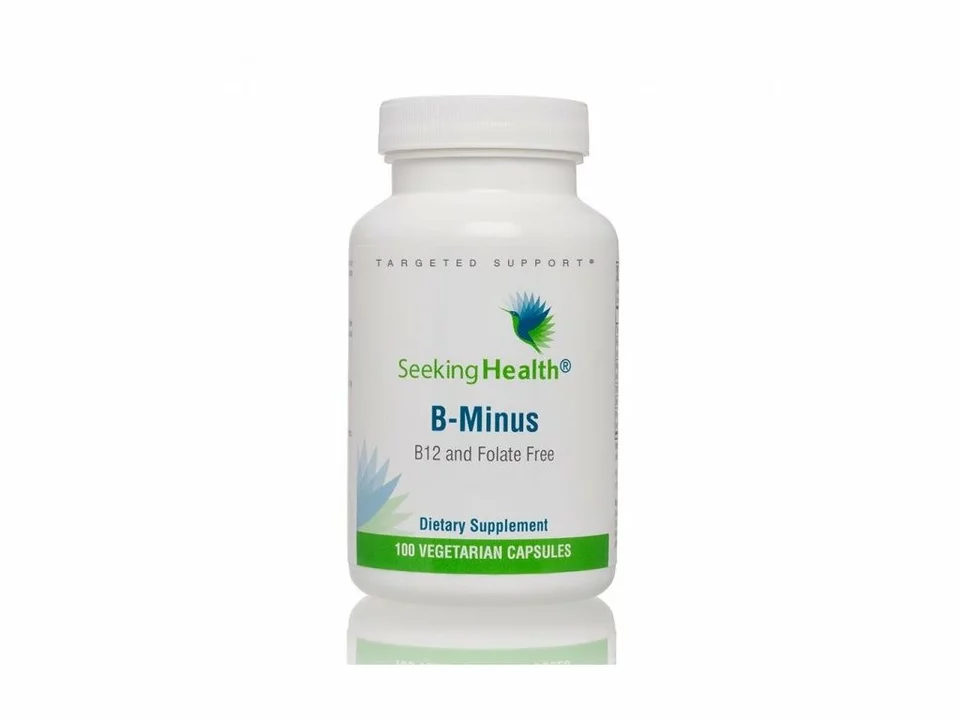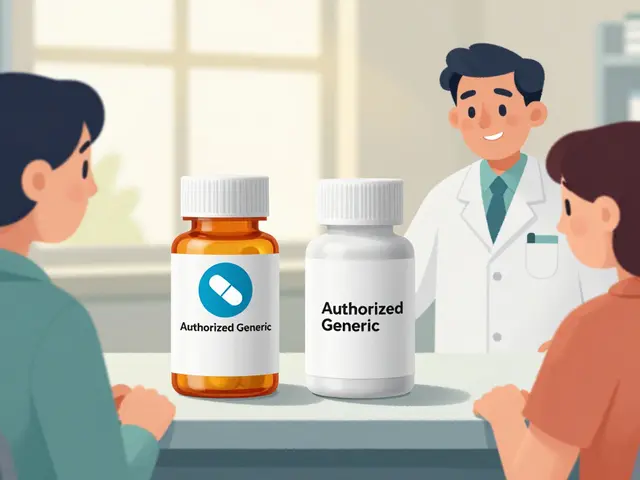Ellagic Acid: A Practical Guide
Ellagic acid shows up in headlines as a natural antioxidant found in fruits, nuts, and some supplements. If you’re wondering whether it’s worth adding to your routine, this page gives clear, usable facts: where it comes from, what it might do, and how to use it safely when shopping online or in stores.
Where you find ellagic acid
This compound lives mostly inside ellagitannins, a plant chemical that releases ellagic acid when broken down. The easiest way to get it is straight from food: pomegranates, raspberries, strawberries, blackberries, and walnuts are top sources. Some teas and oak-aged wines also contain small amounts. You’ll also see ellagic acid in concentrated form inside pomegranate or berry extracts sold as supplements.
If you prefer whole foods, a cup of berries a few times a week gives a steady supply plus fiber and vitamins. If you shop for supplements, look for products that list pomegranate extract, strawberry extract, or ellagic acid specifically, and check for third-party testing on quality.
What people take it for — and what the science says
People use ellagic acid mainly for its antioxidant effects. Lab studies show it can neutralize some free radicals and act on pathways linked to inflammation. That makes it interesting for heart health, skin protection, and general aging support. Early human trials suggest benefits like reduced markers of oxidative stress, but larger clinical studies are still limited. Think of ellagic acid as supportive — not a cure for disease.
Some skin products use ellagic acid for brightening or protecting skin from sun-related damage. That’s one practical use where topical application can be easier to control than guessing doses from oral supplements.
Also be realistic: whole fruits give a mix of compounds that work together. Supplements can help if you don’t eat berries or pomegranate often, but they’re not a magic fix.
Safety and practical tips
Ellagic acid from food is safe for most people. Supplements are generally well tolerated at common doses, but quality varies. When buying supplements online, pick brands with clear labels, batch testing, and good reviews. If you take prescription meds, especially blood thinners or hormone-related treatments, ask your doctor before starting any new supplement — interactions are possible.
For dosing, manufacturers often suggest ranges from about 50 mg to several hundred mg of pomegranate extract daily. Don’t guess: follow label guidance and check with a healthcare pro if you have health conditions or take multiple medications.
Bottom line: Add ellagic acid-rich foods first. If you use supplements, choose tested products and talk with a clinician when in doubt. That way you get potential benefits without unnecessary risk.

Revealing the Wonders of Ellagic Acid: Your New Favorite Dietary Supplement for Optimal Health
I recently discovered the wonders of ellagic acid, a powerful dietary supplement that's quickly becoming my new favorite for optimal health. This naturally occurring compound, found in fruits and nuts like raspberries and walnuts, has impressive antioxidant and anti-inflammatory properties. Not only does it help protect our cells from damage, but it also plays a vital role in maintaining a healthy heart and preventing cancer. I've started incorporating more ellagic acid-rich foods into my diet, and I highly recommend you do the same for a boost in overall health and wellness. Trust me, your body will thank you!
view more




